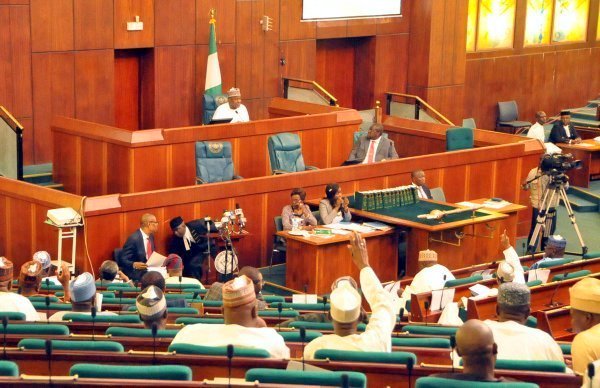
The Chairman of the House of Representatives Committee on Basic Education, Julius Ihonvbere on Friday questioned the new directive of the Federal Government on West Africa Examination Council (WAEC).
The lawmaker in a press statement frowned at the directive to halt participation of students in the forthcoming examination due to COVID-19.
He noted that the Minister did not consult stakeholders and, adding that the announcement lacked the needed clarification.
“He did not inform the country if this was in agreement with other West African leaders or in consultation with the examination bodies, the state governments and other stakeholders in the education sector.
“The Minister did not also inform the public if the decision was the outcome of a meeting with all State Governments that are in charge of all but the Unity Secondary Schools that are owned by the Federal government.”
Mr. Ihonvbere said the directive of the federal government is confusing. He added that it will create, “distortions and disarticulations in the sector are only getting worse.”
He urged the Federal Ministry of Education “not chicken out of its responsibilities but take charge, provide policy direction, engage the states and other stakeholders”.
He advised the federal government to provide the needed environment for students to write their exams.






